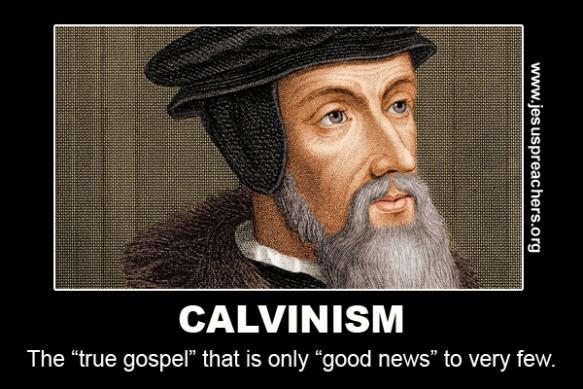
I’ve spent over a decade studying Calvinism and talking to Calvinists. I’ve read books from Calvinists, listened to their debates and sermons, and I’ve watched their videos. I’ve had hundreds (if not thousands) of discussions from Calvinists. I ALREADY KNOW that there will be some Calvinists who will read this blog post and saying, “You obviously don’t understand Calvinism!” or “This is a straw man argument against Calvinism!” or “You are misrepresenting Calvinism!” or “The people you’ve been talking to aren’t the real Calvinists!” I’ve heard these things a million times.
You know what I’ve experienced, though? Most people who I’ve talked to, who call themselves Calvinists, don’t even seem to know what Calvinism is. They probably watched some popular video on YouTube, listen to a popular podcast, read a well-known Calvinist’s books and assume that they are some kind of expert on Calvinism. Then I come along and bring out the TRUTH about Calvinism and what it leads to (“Consistent Calvinism”) and they want to act like I don’t know what I’m talking about.


